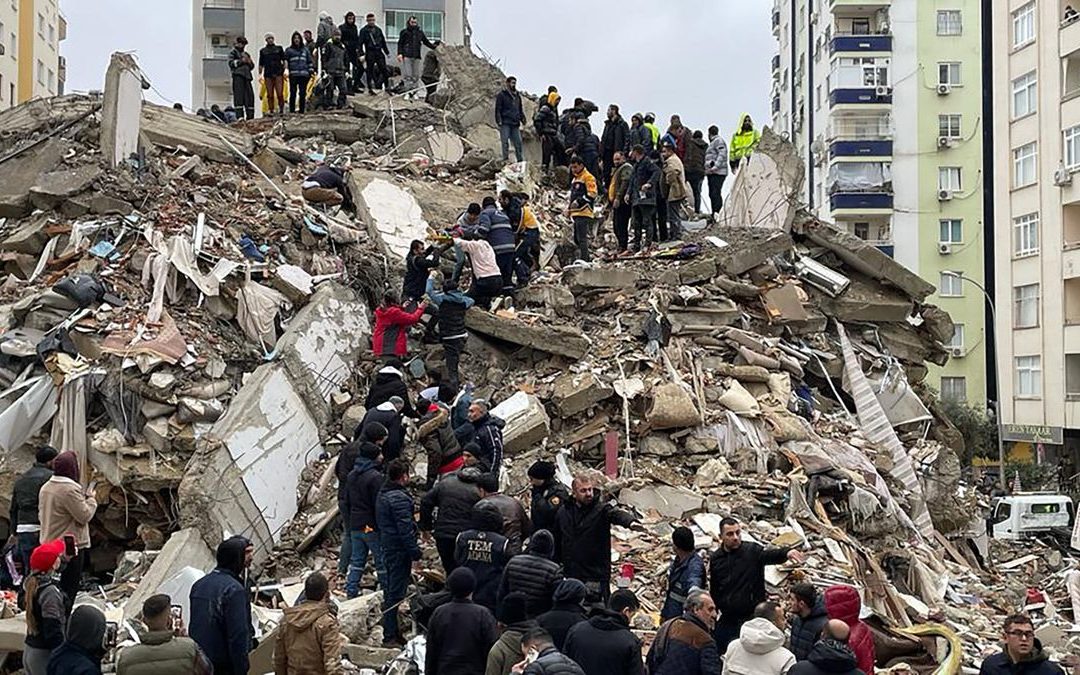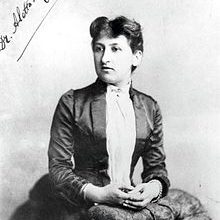Like many, I woke up in shock at the massive earthquake that struck Turkey and Syria. The earthquake, centered in Gaziantep, has killed 3,000 as of Monday afternoon devastated southeast Turkey and northern Syria. In addition to Gaziantep, other affected Turkish cities...









